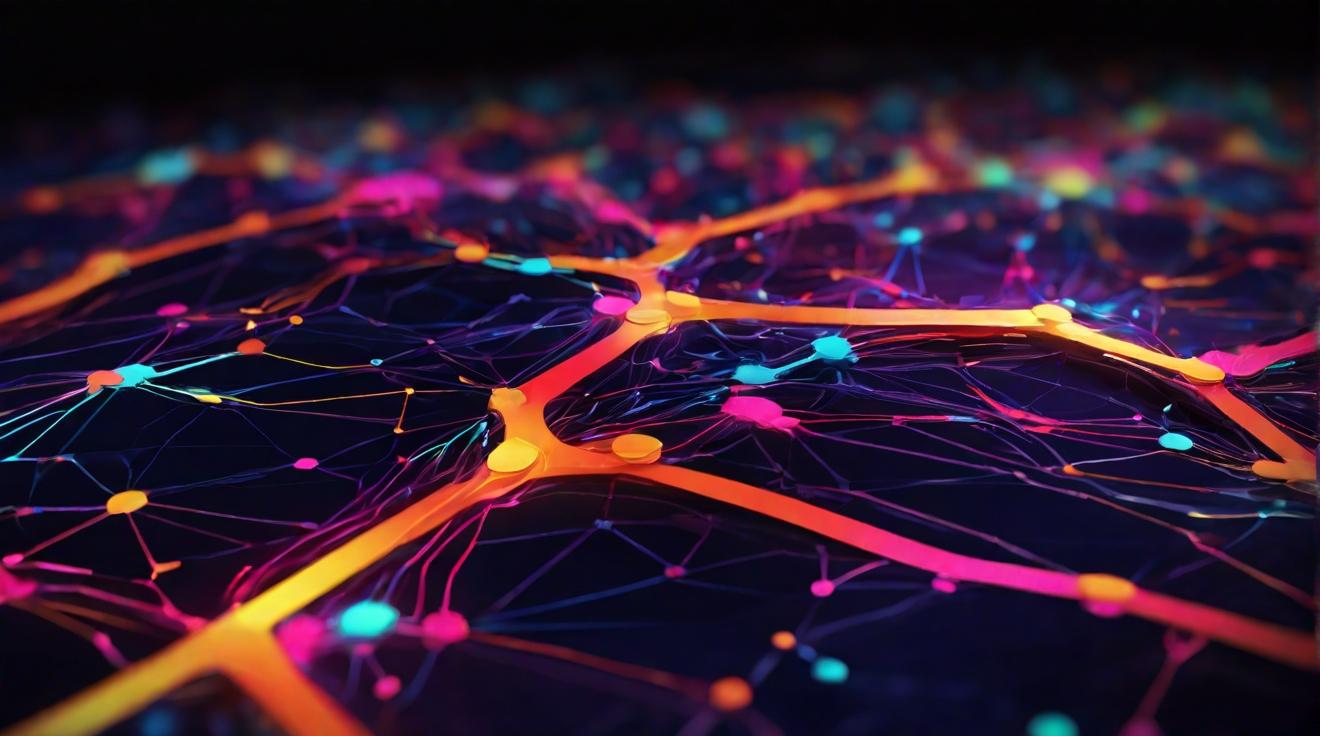AI’s Transformative Power in Science Education
The rapid advance of technology, particularly in the field of artificial intelligence (AI), has revolutionized various aspects of human life, including the way we conduct scientific research and education. AI’s transformative power in science education is a topic of great interest, as discussed by education scholar Sibel Erduran. She argued that the changing landscape of scientific research and innovation, shaped and driven by AI, calls for an integration of AI into science education. This new paradigm will equip learners with the necessary skills and knowledge to adapt to and thrive in this evolving environment.
Generative AI: Personal Tutor and Mentor
One of the innovative ways AI is revolutionizing education is through generative AI. This technology can act as a personal tutor and mentor for learners, making the learning process engaging and addictive. By providing learners with sustained motivation, especially during the initial difficult stages, generative AI can instill long-term motivation and facilitate successful learning experiences. However, concerns about plagiarism and machine-generated essays need to be addressed to ensure the propriety and integrity of learning.
Multimodal Large Language Models in Science Education
Multimodal Large Language Models (MLLMs), a type of generative artificial intelligence, are transforming science education by providing adaptive and personalized learning experiences. MLLMs can handle multiple forms of data, including text, images, audio, and video, and carry out tasks traditionally associated with human intelligence. These tasks include problem-solving, speech recognition, learning, planning, perception, and language understanding. The integration of MLLMs in science education can assist educators and learners in creating engaging multimodal learning materials and fostering scientific content knowledge, language, and communication. Furthermore, MLLMs can provide personalized and comprehensive assessment and feedback, which are crucial for effective learning.
AI Integration: Reshaping Methodologies and Learning Environments
AI integration in education promises a seismic shift in educational methodologies and learning environments. Its benefits encompass personalized learning experiences, automation of administrative tasks, and a more efficient, inclusive, and adaptable education system. AI leverages Machine Learning, Natural Language Processing, and predictive analytics to enhance the learning experience, revolutionize content delivery, and track and predict student performance. The curriculum must evolve in response to these changes, equipping students with the know-how to use AI tools while fostering an understanding of the underlying principles and ethical considerations of AI.
Educators and AI: The Shift in Roles and Challenges
In the AI-enhanced educational landscape, the role of educators is shifting from traditional teaching methods to becoming facilitators who guide students in navigating AI-driven learning environments. However, the use of AI in the classroom presents challenges and limitations, such as data protection, ethical concerns, and the need for a balanced approach that assists teachers rather than replacing them. Therefore, professional development for educators is crucial, enabling them to adapt their teaching methods and strategies to this new learning environment.
Bridging the AI Divide: Ensuring Equitable Access to AI Resources
Efforts must be made to bridge the AI divide and ensure that AI does not exacerbate existing educational inequalities. This involves making AI resources accessible to all students, regardless of their socioeconomic status, and preparing them to use AI in addressing global challenges. Ethical considerations, such as data privacy and bias in AI algorithms, should be integral to the curriculum, fostering responsible use of AI in the future generation of scientists and researchers.
The integration of AI into science education is a significant step towards preparing students for a future dominated by technological advancements. It requires a comprehensive approach that involves curriculum evolution, professional development for educators, equitable access to AI resources, and ethical considerations. With careful planning and implementation, AI can play a pivotal role in enhancing science education, fostering a generation of learners who are adept at using AI tools and are informed about their ethical implications.
Analyst comment
Positive news: The integration of AI into science education has the potential to revolutionize the way we teach and learn. It can provide personalized learning experiences, automate administrative tasks, and create a more efficient and adaptable education system. AI tools like generative AI and multimodal large language models can act as personal tutors and mentors, making learning engaging and adaptive. However, there are challenges and ethical concerns that need to be addressed, such as data protection and bias in AI algorithms. With careful planning and implementation, AI can greatly enhance science education and prepare students for a future dominated by technological advancements.













